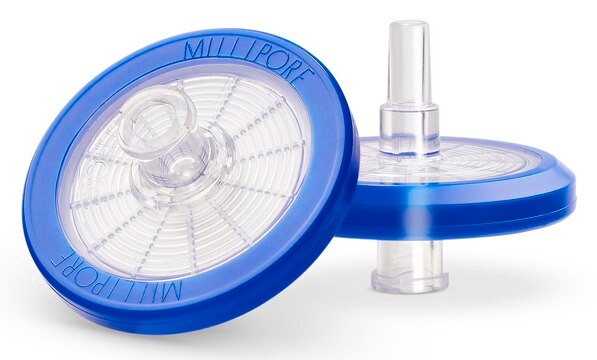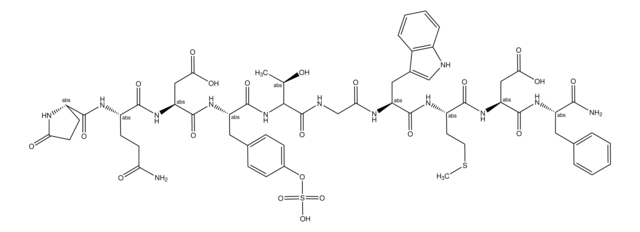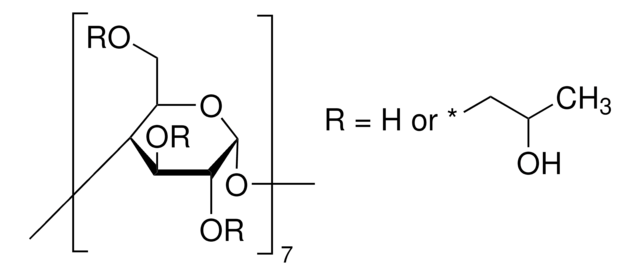SML0976
Siramesine fumarate salt
≥98% (HPLC)
Synonym(s):
1′-[4-[1-(4-Fluorophenyl)indol-3-yl]butyl]spiro[1H-2-benzofuran-3,4′-piperidine] fumarate salt, Lu 28-179
Sign Into View Organizational & Contract Pricing
All Photos(1)
About This Item
Empirical Formula (Hill Notation):
C30H31FN2O · C4H4O4
CAS Number:
Molecular Weight:
570.65
UNSPSC Code:
12352200
NACRES:
NA.77
Recommended Products
Quality Level
assay
≥98% (HPLC)
form
powder
color
white to beige
solubility
DMSO: 20 mg/mL, clear
storage temp.
2-8°C
Biochem/physiol Actions
Siramesine is a blood-brain barrier penetrant, selective and potent sigma-2 receptor agonist, which exhibits potent and very long-lasting anxiolytic effects in rodents. Also, siramesine is a lysosome-destabilizing agent that causes lysosomal cell death in varies immortalized and cancer cell lines.
Siramesine or Lu 28-179 (1′-[4-[1-(4-fluorophenyl)-1H-indol-3-yl]-1-butyl]-spiro[isobenzofuran-1(3H),4′-piperidine]) is considered as a drug for depression and anxiety. This lysosomotropic agent stimulates mitochondrial membrane potential (MMP) reduction and the production of ROS (reactive oxygen species).
Features and Benefits
This compound is a featured product for Neuroscience research. Click here to discover more featured Neuroscience products. Learn more about bioactive small molecules for other areas of research at sigma.com/discover-bsm.
wgk_germany
WGK 3
flash_point_f
Not applicable
flash_point_c
Not applicable
Certificates of Analysis (COA)
Search for Certificates of Analysis (COA) by entering the products Lot/Batch Number. Lot and Batch Numbers can be found on a product’s label following the words ‘Lot’ or ‘Batch’.
Already Own This Product?
Find documentation for the products that you have recently purchased in the Document Library.
Siramesine triggers cell death through destabilisation of mitochondria, but not lysosomes.
Cesen MH, et al.
Cell Death & Disease, 4(10), e818-e818 (2013)
Ferroptosis is induced following siramesine and lapatinib treatment of breast cancer cells.
Ma S, et al.
Cell Death & Disease, 7(7), e2307-e2307 (2016)
Related Content
DISCOVER Bioactive Small Molecules for Neuroscience
Our team of scientists has experience in all areas of research including Life Science, Material Science, Chemical Synthesis, Chromatography, Analytical and many others.
Contact Technical Service




